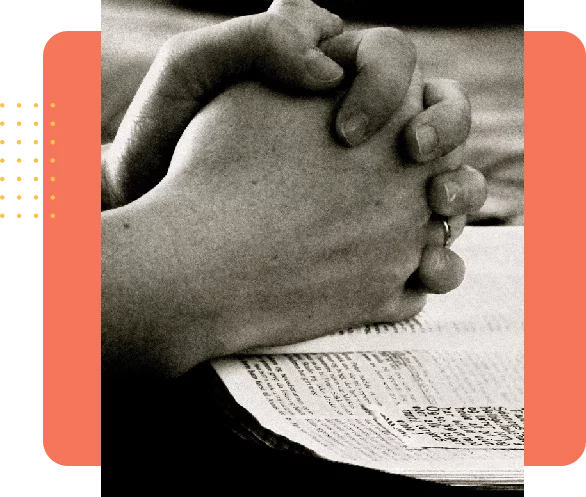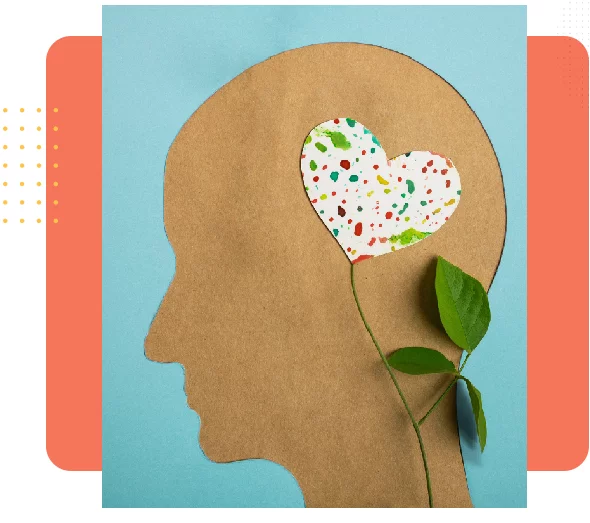“Are you a god?” they asked. “No.” “An angel?” “No.” “A saint?” “No.” “Then what are you?” Buddha answered, “I am awake(conscious).”
How easy is it to live consciously? Isn’t it our natural condition? Yes, but we start losing it as we grow up and instead we start living compulsively due to the socialization process
Living a more conscious life is the first step towards truly flourishing.
The first important transformation of living a conscious life is the realization how interconnected we are. UEF believes everything there is or was in space and time is deeply interconnected.
Though our bodies exist in a state of separateness, when we live consciously our awareness will transcend separateness, and bring forth the realization that all is one. We are able to see the interconnectedness of everything. Thus, we will feel compassionate towards all life, a feeling which comes from the depths of our being, and cannot be shaken.
Even if we meditate on our body, which is almost a non entity in the cosmic sense, we realize how miraculous our bodies are. As the Buddhist monk Thich Nhat Hanh said, “Around us, life bursts forth with miracles—a glass of water, a ray of sunshine, a leaf, a caterpillar, a flower, laughter, raindrops. If you live in awareness, it is easy to see miracles everywhere.”
There is no scope left for our egos after such at meditation
When we live consciously
We will be able to separate our longings from desires. Longings are hard wired and our deepest longings are to Love, to learn, and to play .These three form the core of our authentic self. Desires, on the other hand, are mimetic and socially constructed. They are insatiable. Our desires overlay a socialized self over our authentic self . When we feed our socialized self and starve our authentic self, we languish and not flourish
When we live consciously
We realize that we are limited by our own sensory apparatus and hence we don’t see reality as it is.
To illustrate this point, let us look at visible light, which we have learned” is not the sole illuminating energy of the Universe, as prescientific common sense decreed. It is instead an infinitesimal sliver of electromagnetic radiation, comprising wavelengths of 400 to 700 nanometers (billionths of a meter), within a spectrum that ranges from gamma waves trillions of times shorter to radio waves trillions of times longer than the human visual spectrum. The rest of the spectrum, saturating the Universe, ranges from gamma rays trillions of times shorter than the human visual segment to radio waves trillions of times longer”- –E.O. Wilson, biologist, from the book Consilience
When we live consciously
We become aware of our cognitive biases. To further compound the problem of limited cognitive abilities, we will also realize that we have unconscious biases which we have developed over the course of our lives, such as, confirmation bias, appearance bias, group bias (why almost all Republicans/democrats vote the same way on all issues), our bias toward short term-ism (explanation in our short term instincts as hunter gatherers to spot danger), seeking patterns when randomness is the truth, bias toward action when patience is needed, knowledge illusion(limitations of our own perception). We project linearly into the world, we confuse correlation and attribute some sort of causation.Part of the reason for these biases is that our brains evolved from very different circumstances than we are currently in, we had very few decisions to be made, unlike today when there is a decision at every moment. Our brain is marvelously adapted to the past, but not the modern world.

When we live consciously
We will become aware of our beliefs. No matter what worldview we adopt, we will end up adopting some set of beliefs that are on some level subjective. What is important is how we came to adopt these sets of beliefs and how we respond to others who decided to adopt a different set of beliefs. We must recognize that no one can know the absolute Truth and what we call truth is the assumptions/beliefs we settle for and call them truths to minimize cognitive dissonance
It’s also often the case that people are unaware of where their deeply held beliefs come from. If we were to continue our street conversation by asking why she believes what she claims to believe, she might shrug and reply, “I don’t know, I just believe it.” Often people get their beliefs like they catch colds— by being around other people! And since ideas are everywhere— on television, in books and magazines, at the movies, and in conversation with friends and family— it’s easy to pick them up without considering whether they’re worth believing or even true.
With this realization, we will be more tolerant to people who are different than us and we will be able to extend our love towards all
When we live consciously
We become aware of the false narratives. We are more present in each moment, and more mindful and intentional in our thoughts and actions. The false narratives that dominated our life unconsciously no longer deceive us. We are able to see beyond the rhetorics of the many false prophet “hidden persuaders”, and selfish guides that surround us these days in large numbers.

When we live consciously,
We become less compulsive in our actions and do not allow externalities to drive our passions. Self-judgment and even self-hatred fall away, and are replaced by acceptance and striving to better ourselves. We become more mindful. Mindfulness is the kind of light that shows us the way. It is the living Buddha inside of each of us. Mindfulness gives birth to insight, awakening, compassion, and love.
There are several other transformations we will witness by living consciously
Fear of other into wonder of other
Judgment into compassion
Hate into love
Selfishness into altruism
Pride into humility
Self-doubt into self-love
Life becoming more authentic than robotic
Our desires start to fade and we become more content focusing on our deepest longings of Loving, learning, and playing


